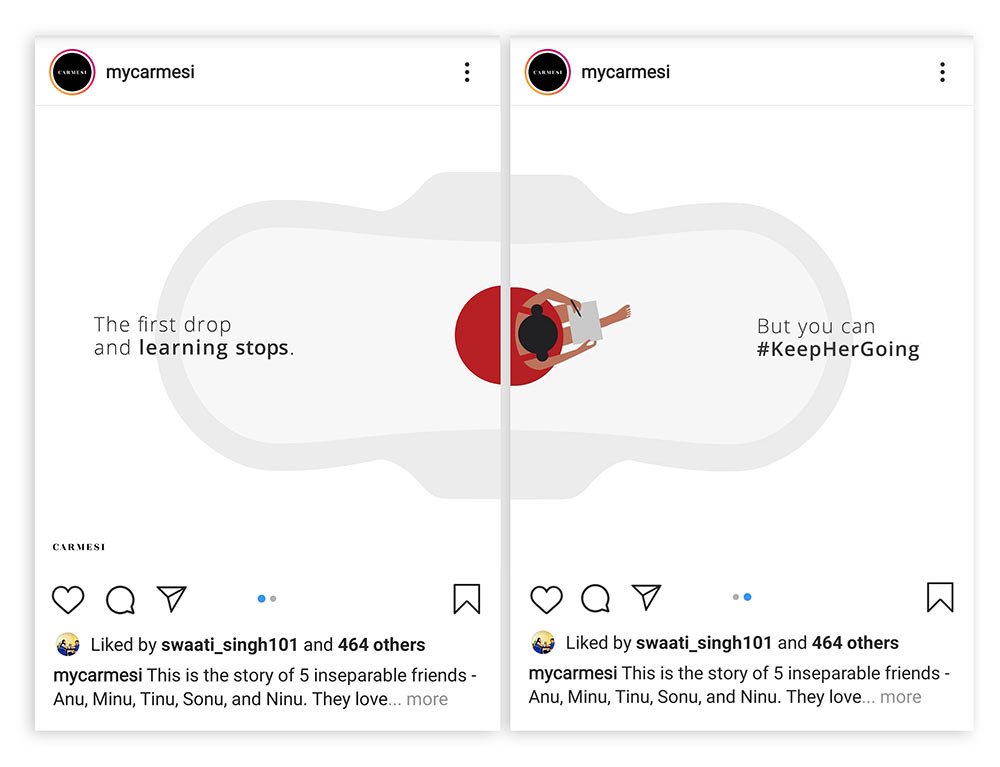Fill Me In! (That’s what she said.)
As the world becomes increasingly tech-savvy, subjects that were once considered taboo and discussed only in hushed tones behind closed doors suddenly find themselves in digital print emblazoned across social media, going boldly where no one would have dared imagine.
And while e-forums and web-spaces for conversations have dug up many questionable human opinions and voices, it cannot be denied that the ability for the free exchange of information has benefited mankind at large.
The facilitation of information has allowed people to not only share their lived experiences, but also for many of us to learn about subjects they may have been shy to verbally express in other public forums. The effective anonymity of surfing the web enables many to better understand seemingly taboo topics such as sexuality, sex work, gender fluidity, safe sex, and other facets which may seem basically inherent of the human-animal.
Unfortunately, this unfiltered conversation may now be at risk with recent updates across Facebook-owned social media platforms: Facebook and Instagram.
In a recent update regarding the terms of use and service of both Facebook and Instagram, the topic of sex and almost all sex-adjacent subjects have been delivered a restrictive blow by way of new mandates and regulations. Often advanced by sex-positive brands such as Ease.sg, Theperiod.co, or even condom brand Durex, sex education efforts are now at risk of censorship.

With contemporary generations more outspoken and open to discourse around sex and sexuality, platforms such as Instagram have played a crucial role in facilitating such conversation while also bridging geographic and demographic gaps. And with hashtags like #sexeducation featured on over a million posts, it’s clearly a conversation with many contributing, if not enquiring, voices.
Instagram’s role in this matter has been especially crucial given the necessitated clamp on sexual content on the relatively newer social media platform TikTok, which has come under fire for both user privacy invasion, as well as security concerns.
Sex educators reliant on social media platform are crying foul, stating that the restrictive measures effectively work as an all-out ban on sex.
In an interview with Vice UK, sex educator and author Gigi Engle highlighted the function of Instagram in her outreach to her audience, “Instagram used to be the go-to hub for sex-positive content. It was this place people could go for accurate, sex-positive, adult information.”

Engle’s interaction with her audience has taken a significant hit with posts containing flagged terms such as “clitoris” and “sex” having been altogether removed from search results.
“This is such a backwards step,” Engle said. “All this can lead to is a lack of proper education and worse sex. Ultimately they’re telling people that sexuality is inherently dangerous. And it’s not, it’s a normal natural part of human existence.”
Not to mention, the sex workers.
While the crusade for sex positivity and sex education suffer from these new regulations, the more direct impact is felt by sex workers who’ve already been experiencing difficulties operating under the strain of the pandemic. Not to also speak of the social stigmas arbitrarily attached to their profession.
The supposed intended target of Facebook’s and Instagram’s rulings, sex workers are now disallowed from stating or even suggesting sexual services on these platforms. As stated in the policy rationale behind Section 8 of Facebook’s Community Standards:
“We draw the line, however, when content facilitates, encourages or coordinates sexual encounters or commercial sexual services between adults such as prostitution or escort services. We do this to avoid facilitating transactions that may involve trafficking, coercion, and non-consensual sexual acts.”
“We also restrict sexually explicit language that may lead to solicitation because some audiences within our global community may be sensitive to this type of content and it may impede the ability for people to connect with their friends and the broader community.”
Platforms are still… well… dumb.
In addition to sex workers, the regulations have also affected registered businesses operating in fields related to sex. The backend of these digital platforms is incapable of discerning between sexual exploitation or solicitation, and education or casual conversation.
Says Joe Vela, co-founder and CEO of sexual wellness brand Emojibator, “It seems arbitrary, ignorant, and cruel that a legally-operated business, like Emojibator, would be restricted from a tool optimized for millennial e-commerce brands.”
With the regulation programmes of Facebook and Instagram simply banning or removing content featuring certain key terms or graphics, the enforcement of these rules stand to censor and silence the voices of those who most need them. And with Facebook’s growing influence and consolidation, it stands to be feared that other platforms may seek to follow the industry-leader.
Netflix’s Sex Education may just be our only source of sex-positive and informative content in times to come.
Join the conversations on THG’s Facebook and Instagram, and get the latest updates via Telegram.














